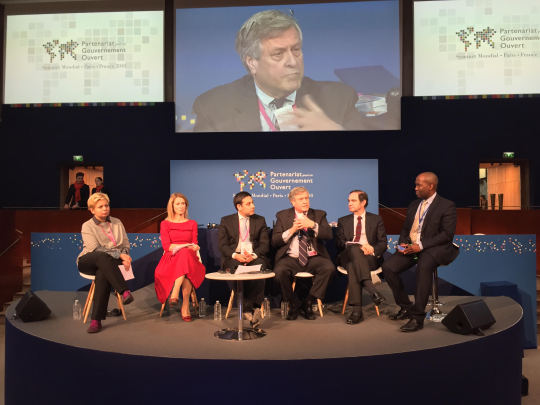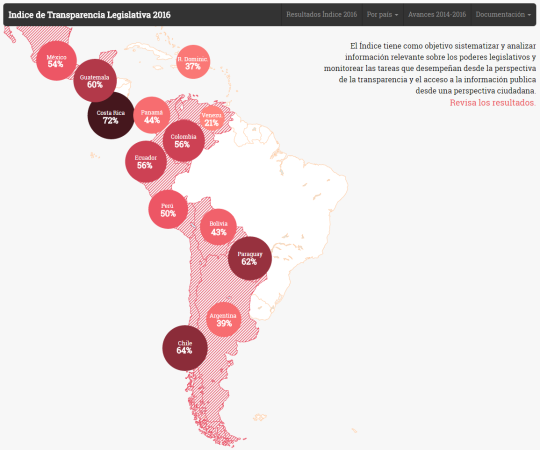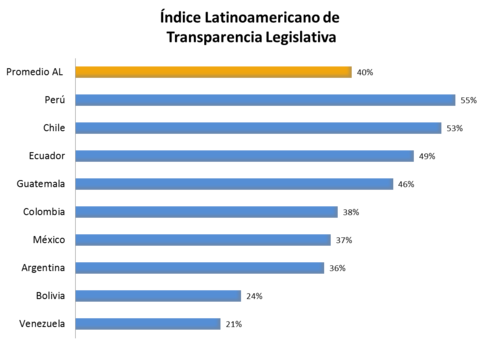This post originally appeared on DemWorks.org and was written by Christian Benito.

On November 30 in Constitution Hall of the Honorable Congress of the Republic of Colombia, an important event took place for the country’s democracy, particularly its legislative institutions. Leaders from the Senate and Chamber of Representatives came together to publicly present the first Open Parliament Action Plan of the Colombian Congress, which lays a series of benchmarks toward making the congress more visible and accessible to citizens.
Representatives attended from the President’s Transparency Secretariat, parliamentary monitoring organizations such as Visible Congress, Transparency for Colombia and the Institute of Political Science (all member organizations of the Latin American Network for Legislative Transparency and the OpeningParliament.org network of parliamentary monitoring organizations), congressional offices, media outlets and special guests from the Chilean and Paraguayan legislatures.
This demonstration of political will by the Congress to make the institution more open, modern and transparent through the Action Plan is part of a process that began last year. In November 2015, the Senate and Chamber of Representatives signed a Declaration of Commitments for Transparency. One of the agreed upon provisions within the Declaration was the development of the Action Plan.
Since November 2015, the Colombian Congress has undertaken important efforts to fulfill its commitment to engaging in a two-way dialogue with citizens from all parts of the country. This effort has not been taken solely by legislators or congressional leaders or staff. As part of making legislative affairs more transparent, a process now formalized in the Action Plan, Congress facilitated a collaborative development process with different members of civil society organizations and the legislature. Together, they helped structure and flesh out the points of the plan, some taken from the OGP, to promote integrity, accountability, citizen political participation and the use of information and communication technologies in government.


